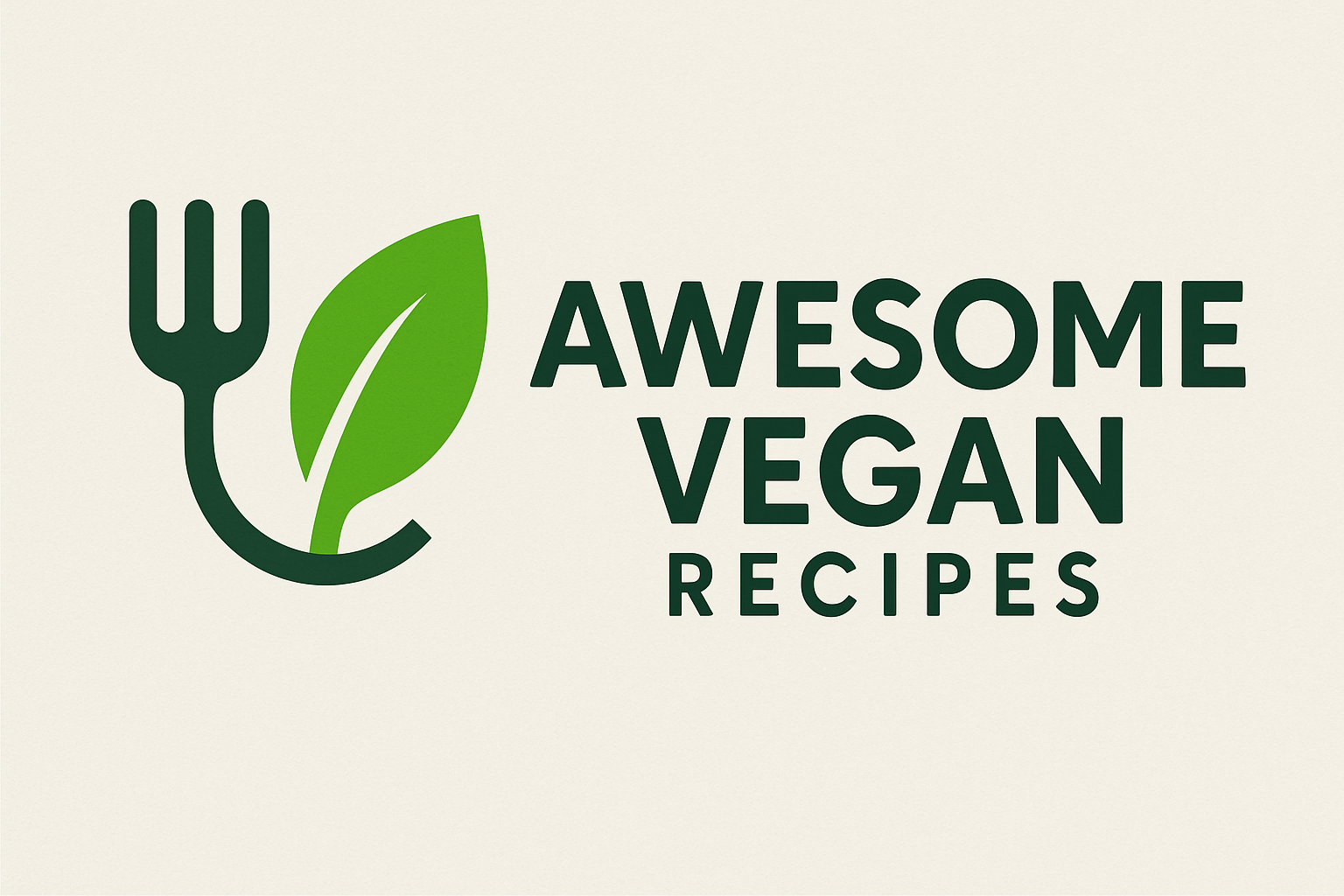The Ultimate Guide to Losing Weight on a Vegan Diet with Whole Foods
The Ultimate Guide to Losing Weight on a Vegan Diet with Whole Foods
As a vegan diet and lifestyle expert, I understand the challenges and misconceptions that can come with trying to lose weight on a plant-based diet. Many people believe that veganism is synonymous with being thin and healthy, but just like any other diet, it is possible to overindulge in processed and unhealthy vegan foods. However, by focusing on whole, plant-based foods and incorporating a balanced approach to your meals, you can achieve weight loss and improve your overall health. In this ultimate guide, I will outline the key principles of losing weight on a vegan diet with whole foods.
Understanding Veganism and Whole Foods
Veganism is a lifestyle that excludes all forms of animal exploitation and cruelty, including in diet, clothing, and personal care products. A vegan diet is plant-based and excludes meat, dairy, eggs, and other animal-derived products. Whole foods are minimally processed and contain no added sugars, fats, or preservatives. They are nutrient-dense and provide the body with essential vitamins, minerals, and fiber.
The Benefits of a Vegan Diet with Whole Foods for Weight Loss
A vegan diet with whole foods offers several benefits for weight loss. Plant-based foods are naturally lower in calories and saturated fats, making it easier to create a calorie deficit and lose weight. Whole foods are also higher in fiber, which helps to keep you feeling full and satisfied, reducing the likelihood of overeating. Additionally, plant-based foods are rich in antioxidants and phytonutrients, which can help to reduce inflammation, boost metabolism, and support overall health.
Key Principles for Losing Weight on a Vegan Diet with Whole Foods
1. Focus on whole, plant-based foods: Emphasize fruits, vegetables, whole grains, legumes, nuts, and seeds in your meals. These foods are rich in nutrients and fiber, while also being low in calories and saturated fats.
2. Limit processed foods: Minimize your intake of processed vegan foods, such as vegan burgers, cheeses, and desserts. While they can be convenient, these foods are often high in added sugars, fats, and calories, which can hinder weight loss efforts.
3. Practice portion control: Pay attention to portion sizes and listen to your body’s hunger and fullness cues. Avoid eating large portions, especially of high-calorie foods, and opt for smaller, more frequent meals and snacks throughout the day.
4. Stay hydrated: Drink plenty of water throughout the day to support digestion, metabolism, and overall health. Water can also help to curb your appetite and prevent overeating.
5. Incorporate exercise: Combine a plant-based diet with regular physical activity to promote weight loss and maintain a healthy lifestyle. Aim for a mix of cardio, strength training, and flexibility exercises to support your weight loss goals.
6. Prioritize sleep and stress management: Adequate sleep and stress management are crucial components of a healthy weight loss plan. Lack of sleep and chronic stress can disrupt hormone balance, increase cravings, and hinder weight loss efforts.
Sample Meal Plan for Weight Loss on a Vegan Diet with Whole Foods
Breakfast: Overnight oats topped with mixed berries, chia seeds, and a dollop of almond butter
Snack: Sliced cucumber and hummus
Lunch: Quinoa salad with roasted vegetables, chickpeas, and a lemon tahini dressing
Snack: Apple slices with almond butter
Dinner: Lentil curry with brown rice and steamed broccoli
Snack: Air-popped popcorn seasoned with nutritional yeast
In conclusion, losing weight on a vegan diet with whole foods is achievable with a balanced and mindful approach to your meals. By focusing on nutrient-dense plant-based foods, practicing portion control, staying hydrated, incorporating exercise, and prioritizing sleep and stress management, you can achieve your weight loss goals and improve your overall health. Remember to consult with a healthcare professional or a registered dietitian before making any significant changes to your diet or lifestyle.






